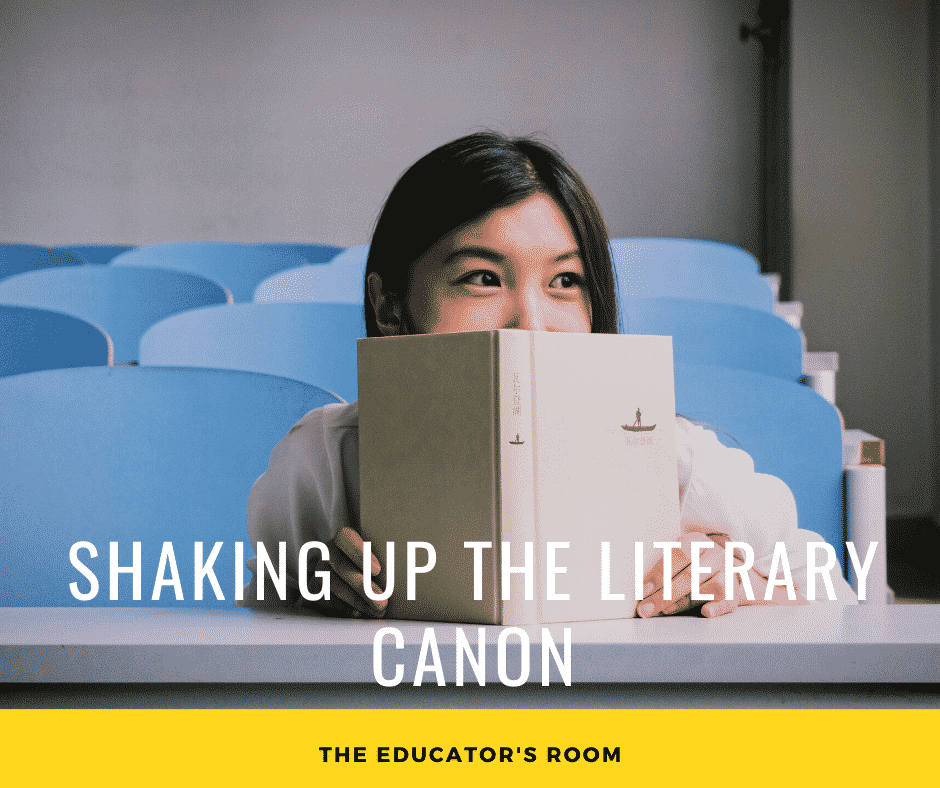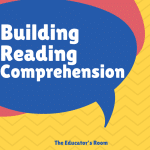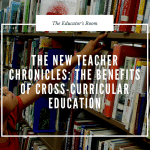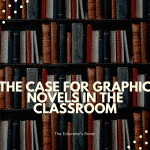As an English teacher, I’ve noticed that most students tend to gravitate towards contemporary novels, rather than classic literature. Many of them tend to relate better to the characters in modern literature. It makes sense that students would be drawn to these stories, with themes that can relate directly to their lives and struggles today. But in classes, they are only allowed to read these stories in their spare time. In the classroom, English teachers guide our students through the classics. But could we branch out to more contemporary novels?
The Literary Canon
When we talk about the literary canon, these are the books that are considered the greatest, the ones that should be taught in schools. These books have been being taught for generations. They include The Great Gatsby, Lord of the Flies, The Catcher in the Rye, and so many others. To be clear, there is nothing wrong with the books in the literary canon. Many of them are wonderful. Each novel there has shaped the ways that we all interact and read. All mean something. Are they difficult to read? Yes. However, is it really so bad for students to have to struggle a little while reading?
Some would argue yes. But maybe there is a way to change things, to add without removing everything. We don’t need to reinvent the wheel here. So maybe, just maybe, it’s now time to start expanding canon. Especially in the way we teach literature in schools. There are many new books that teenagers are reading and talking about. The novels of John and Hank Green, for example, are full of characters and situations that they can relate to, and there are other authors whose work does the same as well. Is it fair to not teach a novel in the classroom just because it’s new?
The Diversity Question
There is another issue with the literary canon. According to this article, in 2016, only 22% of all children’s books featured a person of color as the main character, while only 13% of the authors were people of color. The point that they were making was that many of those characters of color were written by actual people of color. This can make it difficult for these characters to feel authentic. Students can tell when a person is fake, and that can taint their enjoyment of reading overall.
When examining the canon itself, it is not really fair to imply that these are only books by white men. Mary Shelley, the Brontes, Jane Austin, and George Elliot all appear. However, white men did contribute quite heavily to the literary canon, particularly the Western Canon. This is the big issue that people have with the canon. It is very white and very male. Women are not well-represented, and women of color even less so. Toni Morrison and Zora Neale Hurston might be on some versions of the list, but none of their books make the top fifty. Personally, I think that this is horrifying.
Balance in Literacy
Some articles that I read supported the idea of removing the classics altogether because they are too difficult. Students, they said, don’t relate to, understand, or read the classics. Instead of teaching students critical thinking, we are teaching them how to use Spark-notes. Ouch. But many other articles like this one from Life Hacker make a different point. The literary canon doesn’t need to be thrown away. We add to it. We should take some books out of the school lists and add others.
What should we teach? Some contemporary, some forgotten tales… either way, the literary canon should get a shake-up. We don’t need to get rid of Shakespeare, but maybe we could add some Nicola Yoon, John Green, or Sandhya Menon. Students need to be able to wrestle with the classics, sure. There are things to learn from novels like The Count of Monte Cristo and Animal Farm, but they are not the only books our students should be focused on.
Final Thoughts
I think that there is an all or nothing attitude towards the literary canon for many people. While English teachers across the country have, for years, been advocating for a better literary balance in the classroom, the decision is not always ours. To truly change what can be taught, teachers need the support of administrators, parents, and school boards, a combination that can be difficult to achieve. Everyone has different ideas about the best way to educate students and teach them critical thinking, and sometimes those ideas are very different.
Modern literature can include topics like suicide, sexuality, mental illness, and other serious topics. Some of this can be discussed candidly, making it a difficult topic to have in a classroom. But finding a balance between the classics, contemporaries, and novels written by a variety of writers, while making our students stronger readers and writers.






